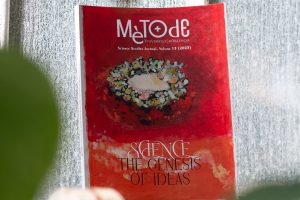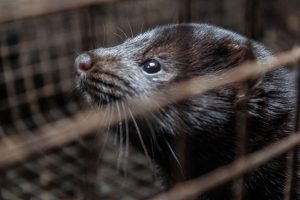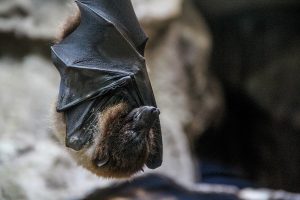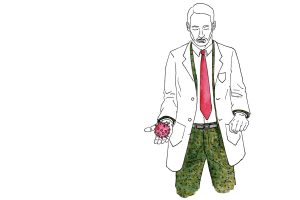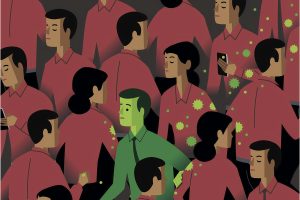Search
Science: The genesis of ideas is the title of 2023's Metode Science Studies Journal volume, born from curiosity for the world around us and the need to keep asking new questions.
The outbreak of H5N1 avian influenza declared in October 2022 in an American mink farm in Galicia is concerning because of the level of transmission from animal to animal.
The emergence of new zoonotic diseases reminds us that humans, animals, and the environment are interconnected.
The new coronavirus strain identified in the United Kingdom presents different mutations. Alma Bracho, FISABIO researcher, explains.
The word science has never been as present in the media as it was during the COVID-19 pandemic, and if this continues to be the case in the coming months, it is very likely that something will remain even after the coronavirus disappears.
Can an extraterrestrial organism produce a catastrophic pandemic on our planet? Such a question arises every time we consider bringing samples from other worlds in the Solar System, especially now, amidst the COVID-19 pandemic.
An epidemic like the one we have unfortunately experienced can bring out people's worst fears. Cinema and literature have successfully used fear to write scripts in which an epidemic is the heart of the story or the underlying excuse.
Embracing an evolutionary perspective thus helps to explain why men and women react differently to certain infectious diseases and to understand (and combat) the strategies of viruses in their relentless evolutionary race to infect and spread among us.
Every historical period has had its epidemic executioner, and it has almost always been the ecological changes between human communities and the environment that have caused changes in pathogenicity and epidemic diseases.
Early criticism of COVID-19 rhetoric cautions against the use of war metaphors that can shift us toward authoritarian and nationalistic sentiment, evoking xenophobia and racism.
- 1
- 2

